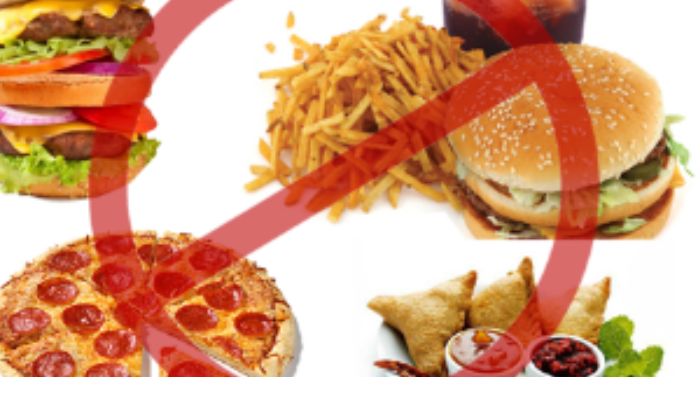Polycystic ovary syndrome (PCOS), alternatively referred to as polycystic ovarian syndrome (PCOS), is a prevalent endocrine disorder that afflicts women of childbearing age. This multifactorial ailment is characterized by several underlying causes, including hormonal imbalances, metabolic abnormalities, and genetic predisposition. One of the contributory factors of PCOS is an unhealthy lifestyle, which encompasses physical inactivity, consumption of junk food, and other factors. This editorial intends to expound on the high prevalence of PCOS in Kashmir and how the intake of junk food contributes to this phenomenon.
PCOS is an intricate disorder that involves several factors, including hormonal imbalances, metabolic irregularities, and genetic predisposition. The presence of multiple cysts on the ovaries, irregular menstrual cycles, and hyperandrogenism (elevated levels of male hormones in females) characterizes this disorder. The exact etiology of PCOS is yet to be fully comprehended, although several risk factors such as obesity, inflammation, and insulin resistance have been identified.
In Kashmir, PCOS’s prevalence is higher than the national average, with a reported occurrence of 25% among women of childbearing age (1). Several factors contribute to this higher prevalence in Kashmir, including genetic predisposition, unhealthy lifestyle, and dietary habits. Kashmiri cuisine is renowned for its sumptuous and indulgent dishes, which are high in calories and fat. The intake of these foods, coupled with a sedentary lifestyle, can culminate in obesity and other metabolic aberrations, which are known risk factors for PCOS.
The proliferation of junk food, which is high in calories, fat, sugar, and salt, is a major contributor to the burgeoning incidence of PCOS in Kashmir. Junk food refers to foods that are low in nutritional value but high in energy, such as fast food, fried food, processed snacks, and sugary drinks. These foods are readily available, convenient, and affordable, which makes them popular among young people and children. The consumption of junk food has been associated with several health complications, including hypertension, diabetes, cardiovascular diseases, and obesity.
Research studies have demonstrated that the consumption of junk food is a contributory factor to the elevated risk of PCOS. A study conducted in Iran revealed that women who consumed a high-fat diet had a higher risk of developing PCOS than those who consumed a low-fat diet (2). Another study conducted in India found that women who consumed a high-calorie diet had a higher risk of developing PCOS than those who consumed a low-calorie diet (3). These studies suggest that the intake of junk food, which is high in fat and calories, can engender the development of PCOS.
Junk food consumption has been linked to several metabolic abnormalities that are known risk factors for PCOS. One of these abnormalities is insulin resistance, which is a condition where the body becomes unresponsive to the effects of insulin, resulting in elevated blood sugar levels. Insulin resistance is a common feature of PCOS, and it is believed to play a significant role in the disorder’s development. Junk food consumption has been shown to exacerbate insulin resistance, which can lead to the onset of PCOS (4).
Another metabolic abnormality associated with junk food consumption is inflammation. Junk food consumption has been shown to increase the levels of pro-inflammatory cytokines, which are proteins that play a role in the inflammatory response. Inflammation is believed to play a role in the development of PCOS, and it is associated with insulin resistance and other metabolic abnormalities (5).
In addition to metabolic abnormalities, junk food consumption can lead to weight gain and obesity, which are known risk factors for PCOS. Obesity is linked to insulin resistance, inflammation, and other metabolic abnormalities, which can lead to the development of PCOS. The intake of junk food, which is high in calories, can contribute to weight gain, especially when coupled with a sedentary lifestyle.
In conclusion, the prevalence of PCOS in Kashmir is higher than the national average, and the consumption of junk food is one of the contributory factors. Junk food intake can lead to several metabolic abnormalities that are known risk factors for PCOS, such as insulin resistance, inflammation, and obesity. It is essential to promote a healthy lifestyle and dietary habits among women of childbearing age in Kashmir to reduce the incidence of PCOS and its associated complications.
